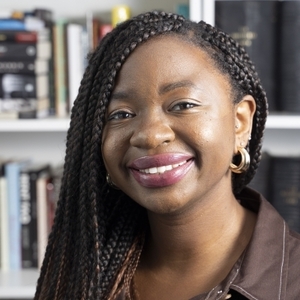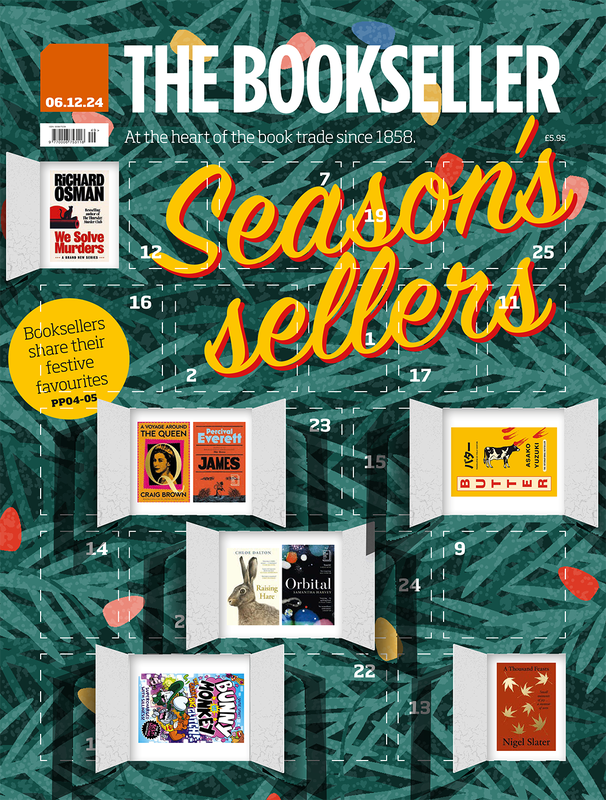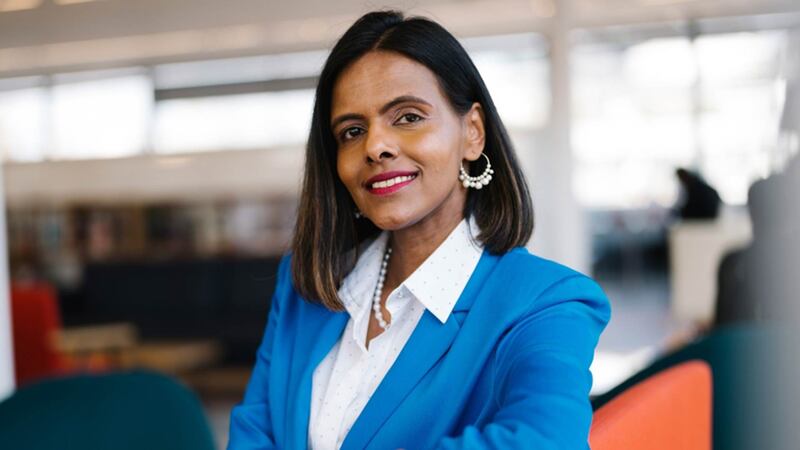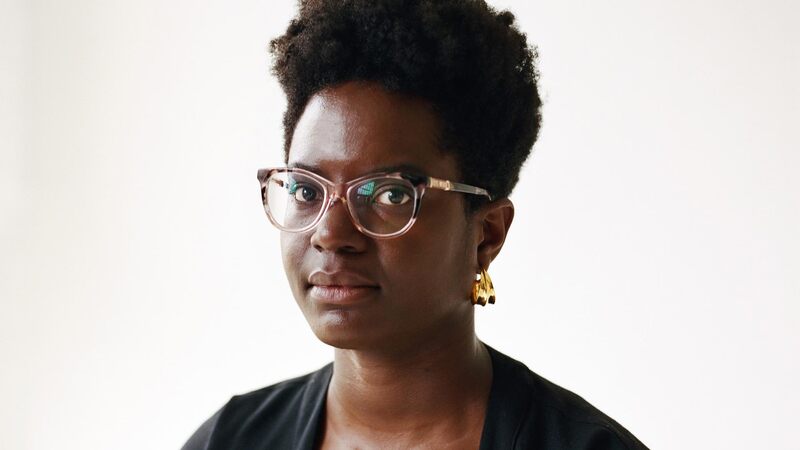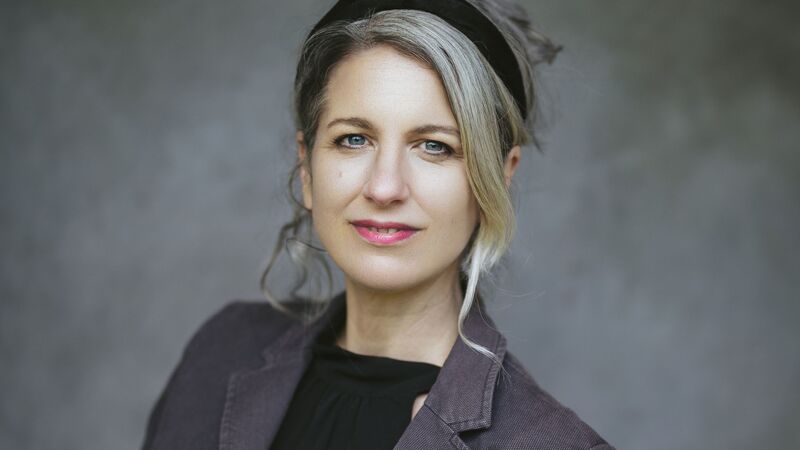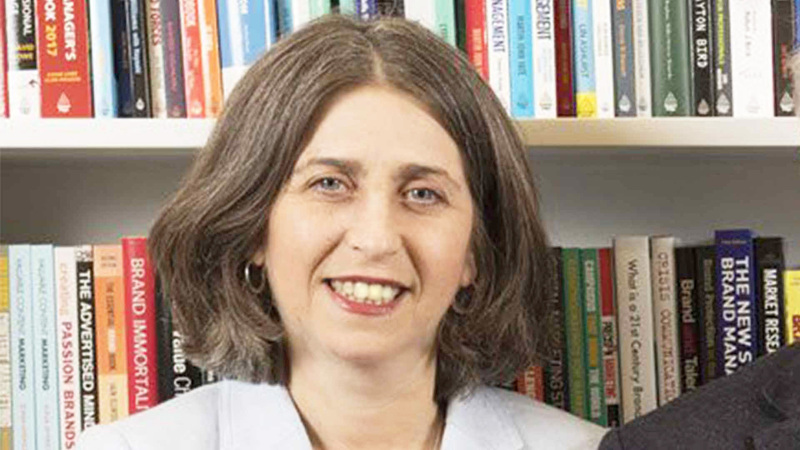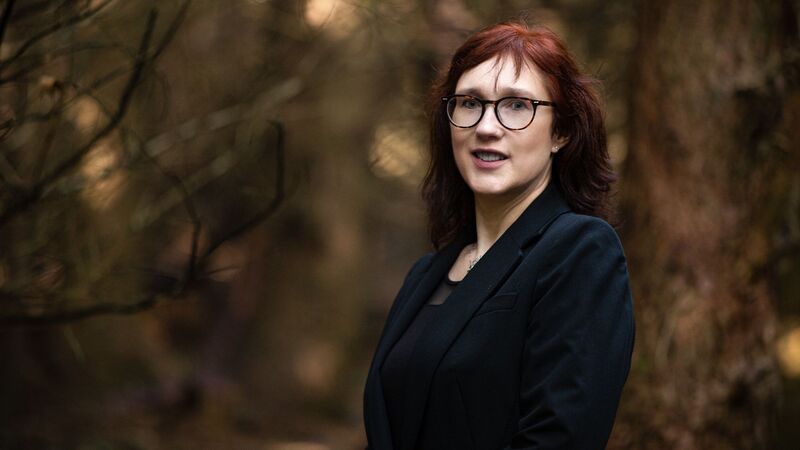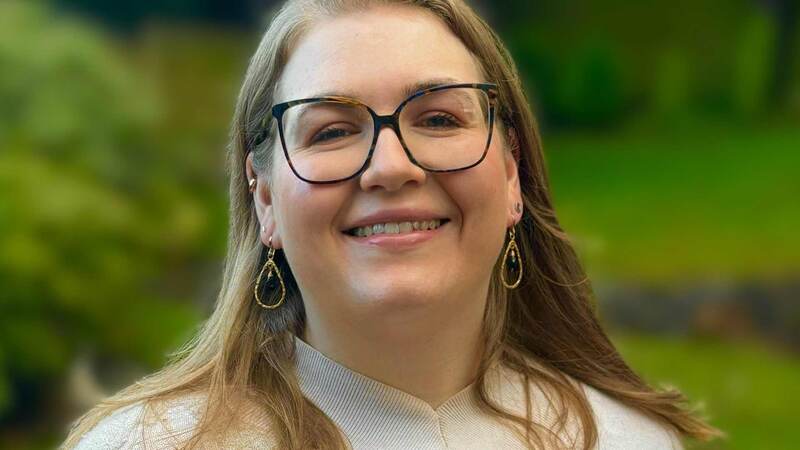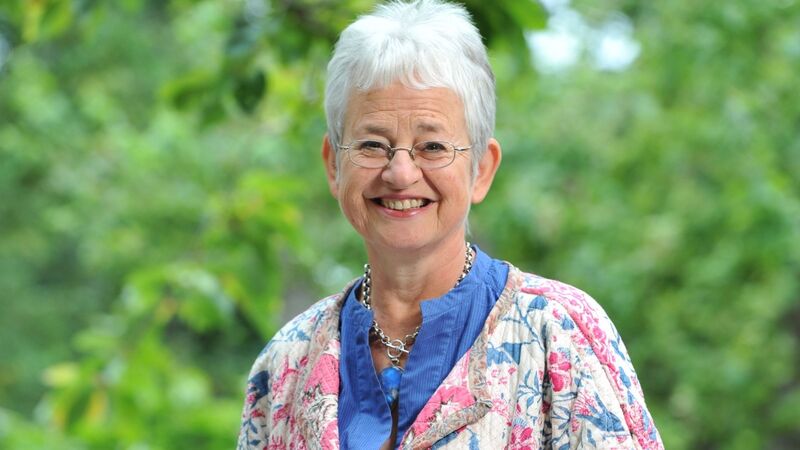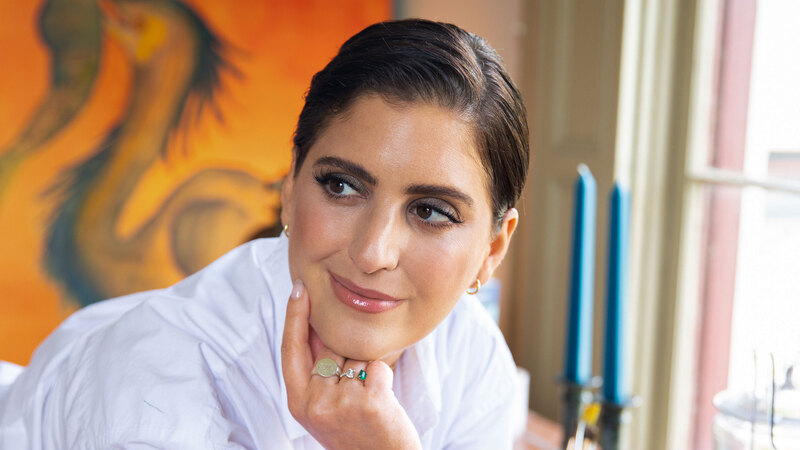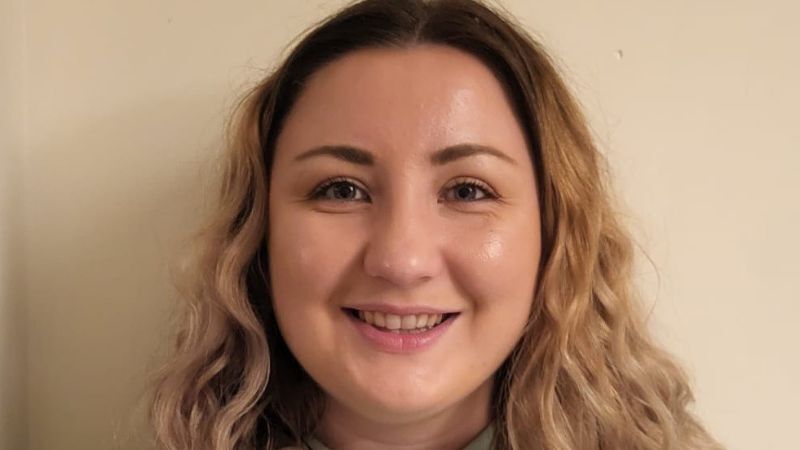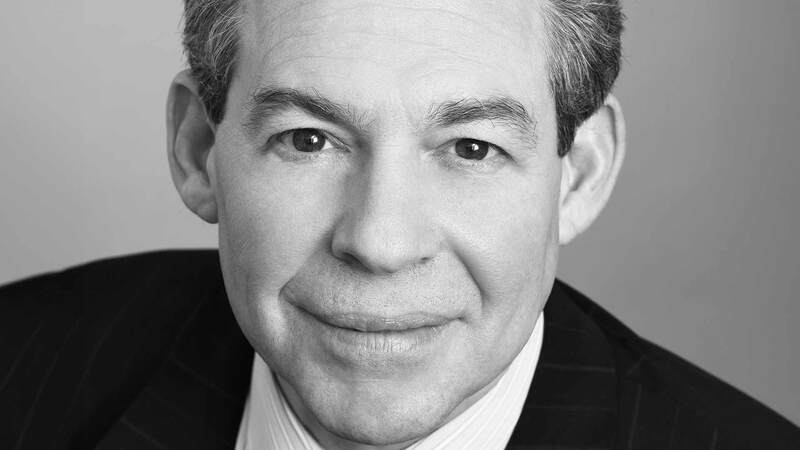You are viewing your 1 free article this month. Login to read more articles.
Young, BAME, and chasing the 'alternative route into publishing' dream
All roads may lead to Rome, but up until recently there has been a seemingly unshakeable linearity to accessing the publishing industry. What’s new for BAME newcomers? The subject has the potency of a change.org petition, so here’s to adding an extra pen to the mix of scribbles.
In the past year or so, several major publishers have taken to the web to share their visions about the hot topic of the mid 2010s: diversity. Although it’s here to stay, the term has become obfuscated to the point of reaching near obsolescence (aren’t ‘universality’ or ‘multiculture’ closer to the intent?). Some have been surprised by the peak in interest around the topic but its reinvigoration strongly coincides with the "Writing the Future" diversity report commissioned by Spread the Word in April 2015. Since then, several tweeps have started one of literary-UK’s biggest social media movements with #DiverseDecember and #ReadDiverse2016. Certainly for trade publishing, of which the nexus is London, the supposed “trend” ought to be one no more. As a valued mentor recently told me, since its inception, London has been multicultural. Why should its creative industries not mirror this?
From buzzword to business policy
Partially thanks to the rise of feminism as a personal alignment and commercial buzzword, change is underway. #HeForShe is strongly led by female figures, but cannot succeed without the ‘he’ who makes up the first section of its name partaking in a feminist education. Such is the shortcoming of having workshops on gender equality with a turnout that is 98% female; many women will most likely have experienced or detected much of what is being discussed. The same irony can be observed in workshops on ethnic diversity mostly attended by minorities. Those movements are truly intertwined: when discussing breaking the glass ceiling for women we are, indeed, discussing breaking the glass ceiling for women of colour – unless the term ‘woman’ solely pertains to one ethnic group.
A quiet rebellion
And here lies the difficulty for many of us: on the one hand, women are said to dominate publishing. Conversely, people of colour are scarce within it. Negotiating the intersection of those conflicting identities (hypervisibility versus invisibility) is tough, but few testimonies dissect how we, BAME women from the-9k-a-year-university-fees-generation perceive the matter. Yet, no movement can progress unless both parties are part of the conversation. It was recently reported that BAME grads are two and a half times as likely to be unemployed than their white counterparts. Amidst cuts in the creative industries, attempts to join a circuit often referred to as ‘traditional’ feels like a rebellious act; but we’re doing it anyway(!). The main difficulty remains the ability to complete unpaid labour – however strong the drive. This is an additional barrier for many BAME people.
A helping hand
Thankfully, we aren’t all doing it alone. Since January 2016, I have been one of three Flight 1000 Associates at Spread the Word, London’s writer development agency. Spread the Word runs the Young Poet Laureate programme, which has spun the likes of Warsan Shire (Beyoncé’s latest literary muse) and Bridget Minamore in its first year, and most recently Selina Nwulu. Currently in its second year, Flight 1000 is a paid fiction programme with an intake of three aspiring writers-cum-editors-cum-publishers. The programme places its yearly litter of publishing pups at the junction of the industry’s core cogs (namely: agenting/publishing/writing).
The key project for Flight 1000 is the newly-launched digital literary publication Flight Journal, for which we have just closed submissions for Issue 2, targeting new or published writers, as talent scouts. In addition to this, we are in the embarrassingly fortuitous position of getting paid to write fibs (fiction), as well as reading manuscripts and books that further our writerly stamina. But these opportunities are scarce and demand high.
Supply and demand: playing catch up
Fortunately, parallel programmes include Kit de Waal’s Birkbeck scholarship for a spot on an MA Creative Writing to those from non-traditional backgrounds who cannot otherwise access it. This is a purely personal endeavour, which for long left us wondering where the alternative entries into the industry are. But this spring, Penguin Random House ran its second The Scheme for editors, meanwhile, HarperCollins has announced a new BAME scheme for graduates further to their ongoing patronage of the Creative Access internships. This influx of opportunities met with matching numbers of applicants is a brazen rebuttal of the belief that ethnic minorities aren’t present or applying. They reveal that we, long viewed to be thunder, are in fact lightning: present, potent, but unheard.
Marianne Tatepo is a Belgo-Cameroonian event coordinator and editor of Flight Journal. She is part of the Flight 1000 programme, and has previously co-edited the UCL Publishers’ Prize 2015 anthology and written for a number of publications. For more on Flight Journal click here.
